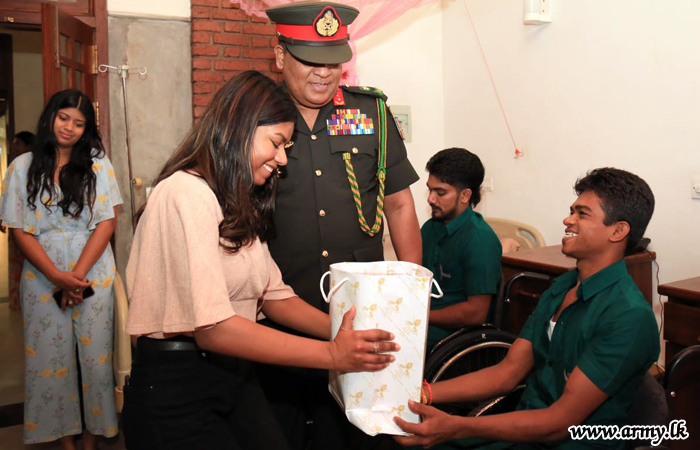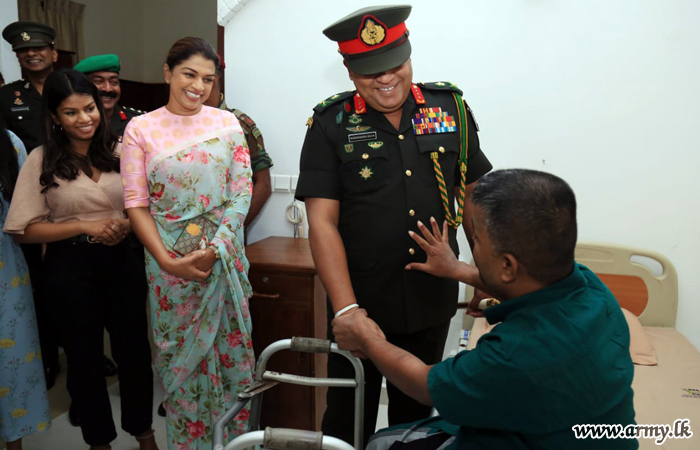
A Sri Lankan woman who is barred from the United States over her connections to a commander who oversaw the execution of Tamils, is being featured in an Australian government program as an ambassador for STEM research.
Vinuri Silva is the daughter of Shavendra Silva, a former army commander and present chief of defence staff in Ranil Wickremesinghe’s government. He stands accused of a slew of war crimes committed by him and units manned by him, particularly during the final stages of the Mullivaikkal genocide. Under multiple Sri Lankan governments, however, he has been praised and promoted.
Silva and his family, including Venuri, are barred from entry to the United States due to his role in war crimes. Her name is included on a US State Department list of barred individuals here.
Read more in our feature: US bans Sri Lanka’s army chief from entry over war crimes

Venuri is a past pupil of Visakha Vidyalaya and Gateway College. She left for Australia to pursue her higher studies and has a PhD from the University of Adelaide. Both Venuri and her sister were often spotted at events alongside Silva.
Despite her connections to Silva and being barred from entry to the US, Venuri has been listed as a scientist at Future You Australia. Future You is an initiative and features Silva as the Australian Government’s Women in STEM Ambassador, funded by the Australian Government’s Department of Industry, Science and Resources. It is a national awareness-raising initiative designed to increase awareness about STEM careers in students aged 8 to 12, their teachers and their parents.

The featuring of an individual barred over connections to war crimes comes as Australia has been accused of whitewashing the atrocities committed by Sri Lanka against Tamils. The Australian government has donated ships to the Sri Lankan government and has continued to deport Tamils to Sri Lanka.
We need your support
Sri Lanka is one of the most dangerous places in the world to be a journalist. Tamil journalists are particularly at threat, with at least 41 media workers known to have been killed by the Sri Lankan state or its paramilitaries during and after the armed conflict.
Despite the risks, our team on the ground remain committed to providing detailed and accurate reporting of developments in the Tamil homeland, across the island and around the world, as well as providing expert analysis and insight from the Tamil point of view
We need your support in keeping our journalism going. Support our work today.
For more ways to donate visit https://donate.tamilguardian.com.

